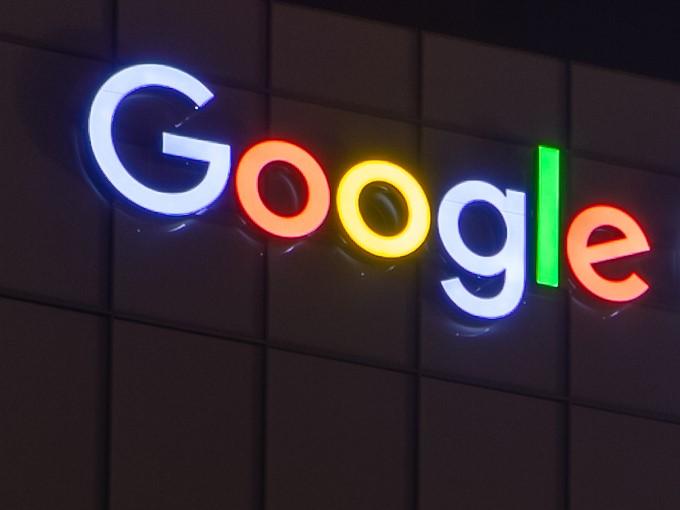Google to stop listening to its users as much and store less of their conversations
Siri, Alexa and other voice assistants have all been hit by listening scandals in recent weeks

Your support helps us to tell the story
From reproductive rights to climate change to Big Tech, The Independent is on the ground when the story is developing. Whether it's investigating the financials of Elon Musk's pro-Trump PAC or producing our latest documentary, 'The A Word', which shines a light on the American women fighting for reproductive rights, we know how important it is to parse out the facts from the messaging.
At such a critical moment in US history, we need reporters on the ground. Your donation allows us to keep sending journalists to speak to both sides of the story.
The Independent is trusted by Americans across the entire political spectrum. And unlike many other quality news outlets, we choose not to lock Americans out of our reporting and analysis with paywalls. We believe quality journalism should be available to everyone, paid for by those who can afford it.
Your support makes all the difference.Google will let users choose to stop it listening to their conversations and store less data about them when it does, it has said.
The company has revealed a host of new changes to its settings that attempt increase the privacy and security of people who use its devices. Voice assistants like those made by Google, Amazon and Apple have come under intense scrutiny in recent weeks, as it has been revealed that real people regularly listen in on the private conversations people have around their devices.
Amid that scandal, Google had paused its Voice and Audio Activity (VAA) programme. Now it says that it will re-start, but with a series of new changes that are designed to make it more private.
The feature has always been opt-in, for instance, but now it will ask people to do that all over again to make sure they are clear. And it will store less of the information that it collects, as well as giving the option to make smart devices less sensitive and so stop them being triggered by accident so easily.
In recent months, every other major virtual assistant alongside Google - including Apple's Siri and Amazon's Alexa as well as Microsoft and Facebook - have come under scrutiny after admitting recordings of user voice interactions with their software were in some cases stored and analysed by human reviewers.
Some reviewers who have spoken out claimed they heard private, intimate and illegal conversations during their work.
The tech companies said these programmes existed as part of quality control measures and to improve speech recognition technology.
Since the scandal broke, Google has paused its own programme while carrying out an internal investigation.
The company has now confirmed it will restart the programme with its new measures in place.
"We're updating our settings to highlight that when you turn on VAA, human reviewers may listen to your audio snippets to help improve speech technology," Google Assistant senior product manager Nino Tasca said.
"If you're an existing Assistant user, you'll have the option to review your VAA setting and confirm your preference before any human review process resumes. We won't include your audio in the human review process unless you've re-confirmed your VAA setting as 'on'.
"One of the principles we strive toward is minimising the amount of data we store, and we're applying this to the Google Assistant as well.
"We're also updating our policy to vastly reduce the amount of audio data we store. For those of you who have opted into VAA, we will soon automatically delete the vast majority of audio data associated with your account that's older than a few months. This new policy will be coming to VAA later this year."
Mr Tasca added that the firm was "committed to being transparent" and said Google only listened to a small amount of audio - around 0.2% of all audio snippets.
Additional reporting by Press Association
Join our commenting forum
Join thought-provoking conversations, follow other Independent readers and see their replies
Comments